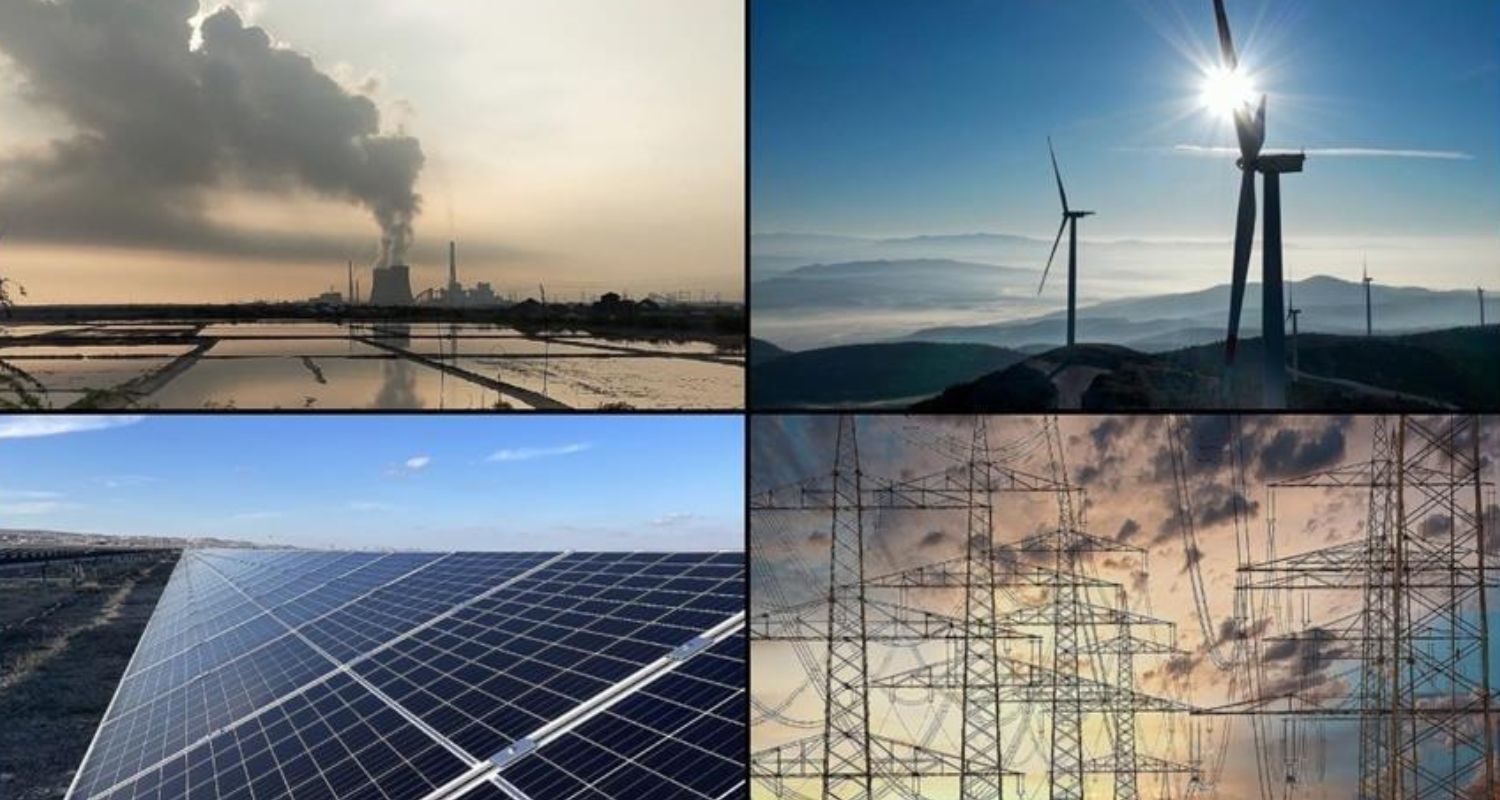Just hours after the European Union (EU) announced its 18th round of sanctions against Russia over the ongoing conflict in Ukraine, India on Friday reiterated its stance against unilateral sanctions and cautioned against the application of "double standards," particularly in matters of energy trade.
Responding to media queries on the newly announced EU sanctions package, Ministry of External Affairs (MEA) spokesperson Randhir Jaiswal stated, "We have noted the latest sanctions announced by the European Union. India does not subscribe to any unilateral sanction measures. We are a responsible actor and remain fully committed to our legal obligations." Jaiswal further stressed that ensuring energy security is a critical responsibility for the Indian government. “The Government of India considers the provision of energy security a responsibility of paramount importance to meet the basic needs of its citizens. We would stress that there should be no double standards, especially when it comes to energy trade,” he added.

According to the European Union, the 18th sanctions package focuses on five key pillars: reducing Russia's energy revenues, targeting the Russian banking sector, further weakening its military-industrial complex, reinforcing anti-circumvention efforts, and holding Russia accountable for its alleged crimes against Ukrainian children and cultural heritage. In a statement, the EU said that with the latest round, the number of vessels in Russia’s so-called shadow fleet that are now listed has risen to 444, while the number of individuals and entities sanctioned has crossed 2,500. The package also includes new measures against Belarus.
In a related development, Union Minister of Petroleum and Natural Gas Hardeep Singh Puri on Thursday expressed confidence in India's ability to withstand global oil market shocks, asserting that India has significantly diversified its crude oil sourcing. Speaking at the Urja Varta 2025 conference, Puri said that India now buys oil from 40 countries, up from 27 in 2007, which gives the country more flexibility in dealing with potential disruptions.
Also Read: Pakistan blames India for Waziristan blast, MEA hits back
“There is a lot of oil available in the market. Iran and Venezuela are currently under sanctions. But are they going to be under sanctions forever? Many countries, including Brazil, Canada, and others, are ramping up output. I am not unduly worried about supplies as of now. We have diversified our sources,” Puri stated. His remarks came amid rising global concern after former US President Donald Trump—currently a key political figure in the US —warned that the US would impose secondary sanctions on countries continuing to purchase Russian oil.
On July 15, Trump threatened to impose heavy trade restrictions on Russia unless a peace agreement is reached with Ukraine within 50 days. He also proposed a 100 per cent tariff on Russian exports and indicated that nations such as India and China could face consequences if they continue importing Russian oil.
Meanwhile, Russia denounced the new EU sanctions as unlawful and politically motivated. Kremlin spokesperson Dmitry Peskov, quoted by Russian state news agency TASS, said, “So far, we continue to observe a fairly consistent anti-Russian stance from Europe. We have repeatedly stated that we view such unilateral restrictions as illegal and we oppose them.”
Peskov added that the Russian government would carefully evaluate the latest EU measures to mitigate their effects. “Undoubtedly, the new package will need to be thoroughly analysed in order to minimise its impact,” he said. He further remarked that Russia has grown resilient in the face of multiple waves of sanctions from Western countries. “Over time, we have indeed developed a certain immunity to sanctions and have adapted to living under such conditions,” Peskov concluded.
Also Read: 1,563 Indians deported from US since Jan 20: MEA



